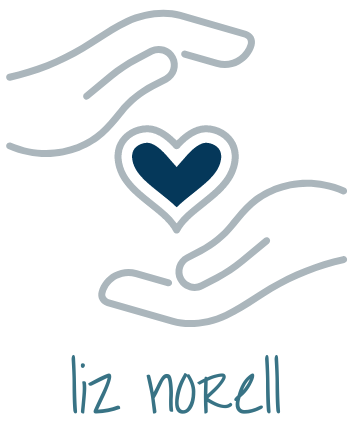I’m currently at a writing retreat in Taos, New Mexico. It’s led by one of my favorite people, and this is my second time attending (last time was in 2019, and you can read my pre-retreat anxiety post here).
The differences this time are meaningful. For starters, because I’ve been to this location before, I had a MUCH better idea of what to expect from accommodations and food. Last time, those were major sources of anxiety … and presented near-constant challenge while I was here (in July, when it was too hot for my comfort and air conditioning was not available). Coming in late October was a winning move; it’s been delightfully crisp, in that way that I can sleep with my windows open at night and wake up nestled under covers. Essentially, my idea of heaven.
The food was tricky; I don’t do well when I don’t know what to expect from a menu, and so every meal was a potential minefield. Lunch was almost never something that sounded appealing to me, so I ended up eating a lot of lunches (or late-afternoon snacks) in town. Knowing that was possible was anxiety-relieving coming back this time.
I could probably write a lot more about my experiences, but instead, I want to offer some tips for those who coordinate or offer retreats … and (importantly) who want to make those retreats more neurodivergent-attendee friendly. These suggestions are simple and doable, and they’ll go a long way towards helping attendees (like me) with autism or another neurodivergence be able to sink into the retreat experience and minimize background anxiety. They really come down to setting expectations as early as possible.
- Clearly communicate things like:
- Physical spaces: How many people will be in retreat spaces, and how closely together? Is there comfortable seating? Is it accessible to people in a range of body sizes and types?
- Lighting: Is the lighting overhead? Diffuse? Natural? Fluroescent? Can it be dimmed?
- Sound: Will there be loud noises? Are there ways to dampen noise? If there are activities built into the retreat schedule that are loud, message that.*
- Smell: Are rooms or retreat spaces near the kitchen? Are other smells around? What should we expect?
- Climate: What is the typical range of temperatures in retreat spaces? Is there climate control available? Are fans available?
- Bedding: What kinds of linens are available? How many pillows–and what kind–will be on the beds?
- Food deserves its own category, because it’s so hard for so many autistic people (and other neurodivergent people).
- Share specific menus, with ingredients, as early as possible. if this isn’t possible before the retreat, can you do this at the beginning of the retreat? At the beginning of each retreat day?
- Include options that are bland or boring to neurotypicals. Neurodivergent people often have trouble with spicy or unfamiliar food. It doesn’t have to be fancy or expensive. Perhaps each meal always has two or three staples (like steel cut oatmeal or scrambled eggs at breakfast; grilled chicken breast and bread at lunch; etc.), so if the daily menu feels scary, there’s always something available that works.
- If none of that is possible, can you make arrangements for retreaters to bring/store/prepare their own food?
- Clearly explain what supports are available. For example, if there are optional programs during the retreat, what will attendees do? What are expectations on them if they choose to participate?
- If you’re going to offer opportunities for retreaters to interact with you individually, what do those interactions look like? For example, if you’re available for questions during breaks, what kinds of questions are typical? What kinds of questions are allowed? What kinds of questions won’t you field/answer?
- If there are classes (yoga, art, etc.) or offerings (massage, facials, etc.), EXACTLY what will this include? What should attendees expect? What should they wear? Bring? What if they get there and realize it doesn’t work for them? Will the instructors clearly message that someone can leave without causing offense? And are there places in the room where those who are uncertain should sit/stand/lay so they can exit with minimally disrupting others?
- What happens if someone starts to have a sensory meltdown? How will you/how should they handle this? Ask your retreaters what they need if this happens.
Even if you cannot give full details in advance, simply messaging to retreat attendees (or prospective attendees) that you are aware there are a diverse set of needs and sensitivities and that you’re willing to do what you can to meet them is HUGE. Make it safe to give feedback, and thank the person for doing so — because, I promise you, they were extremely anxious about doing so.
Being in a space that wasn’t designed for us feels like a literal physical assault. It feels like we’re the problem, because — apparently — everyone else is just fine. We spend our lives feeling like delicate flowers that are enormous trouble for others to care for. When these moments arise, when we start to feel flooded or like a meltdown is imminent, we feel like we don’t belong. I doubt that’s what you were going for.
If any of this feels foreign or overwhelming, find someone and ask them. As an autistic person who loves retreats (despite the literal moment-to-moment threat of a meltdown over something I wasn’t expecting), I am more than happy to share ideas or give feedback. Please, please try to include us.






